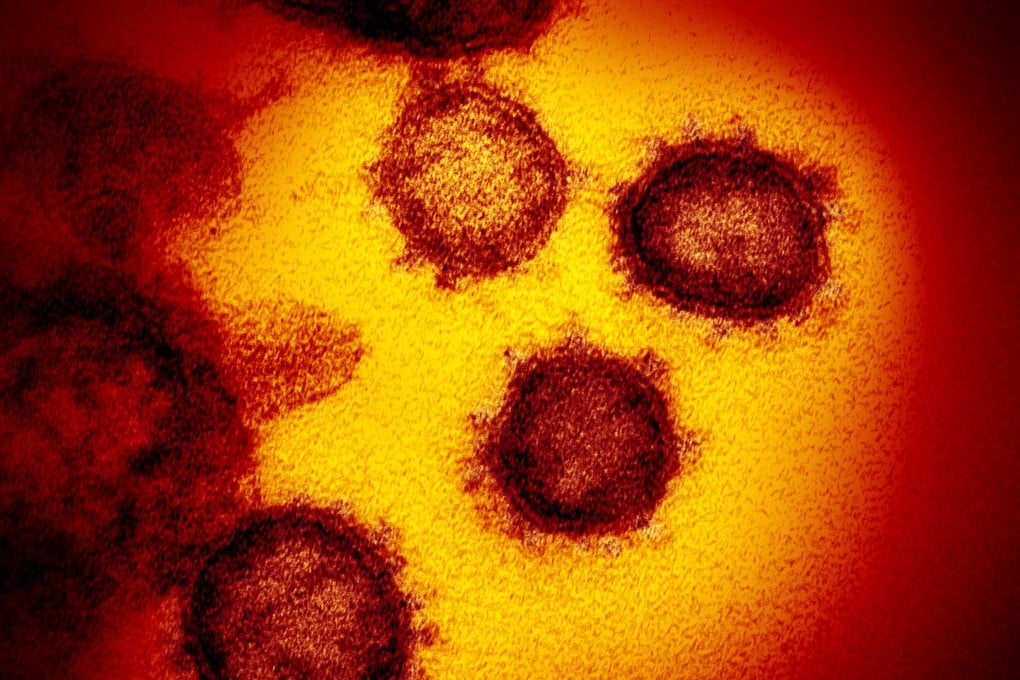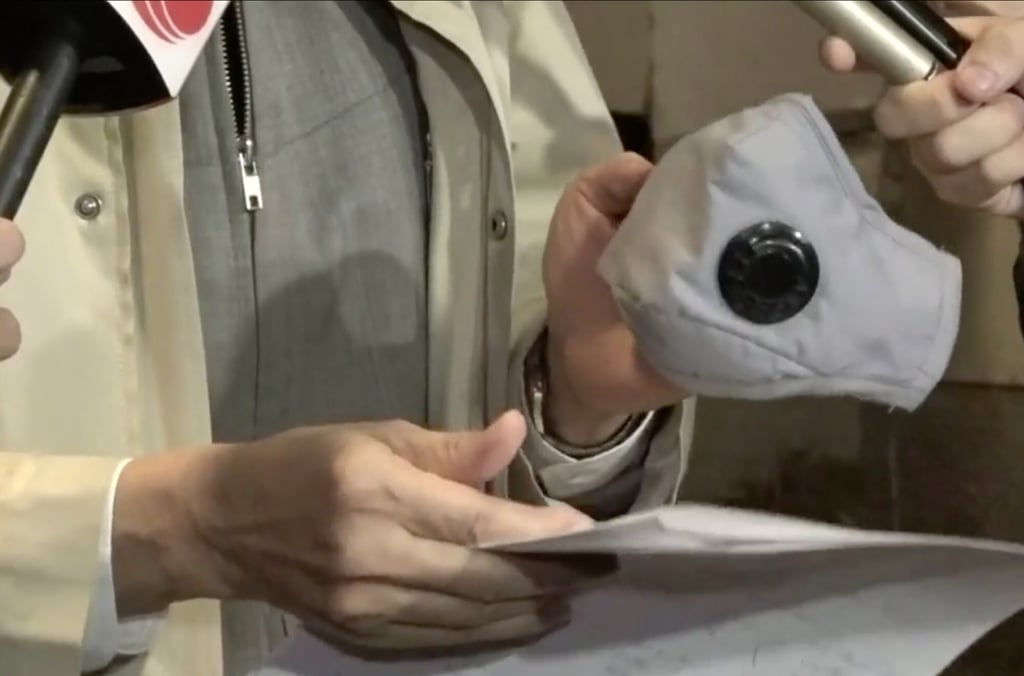Covid-19: ‘selfish mask’ guest in quarantine hotel cross infection is Hong Kong’s first case of new coronavirus variant
- The patient was previously accused of increasing the chances of cross infection in quarantine by wearing a ‘selfish’ valve-style face mask
- The new variant, expected to be designated ‘Nu’, has been found to have 32 spike protein mutations, compared with the 13 to 17 seen in the Delta variant

The Department of Health revealed on Thursday night that a genome sequencing analysis confirmed the patient, who arrived in the city from South Africa, and another hotel guest who tested positive a few days after him, were infected with the B.1.1.529 coronavirus variant. Both were fully vaccinated.
The new variant – which is expected to be designated “Nu”, in keeping with global naming conventions based on the Greek alphabet – was first discovered in Botswana. Apart from the two cases in Hong Kong, only nine others have been identified worldwide so far – three in Botswana, and six in South Africa.
Though the infectiousness of the new variant is still unknown, some overseas scientists suggest it could be of real concern given the “incredibly high amount of spike mutations”.
The variant has been found to have 32 spike protein mutations, compared with the 13 to 17 seen in the more prevalent Delta variant, according to some overseas research.
Generally speaking, the higher the number of mutations – which are known to help the virus evade the body’s immune response – the greater the chances of infection.

Some scientists have speculated that the variant may have evolved during a chronic infection in a person with a weakened immune system.